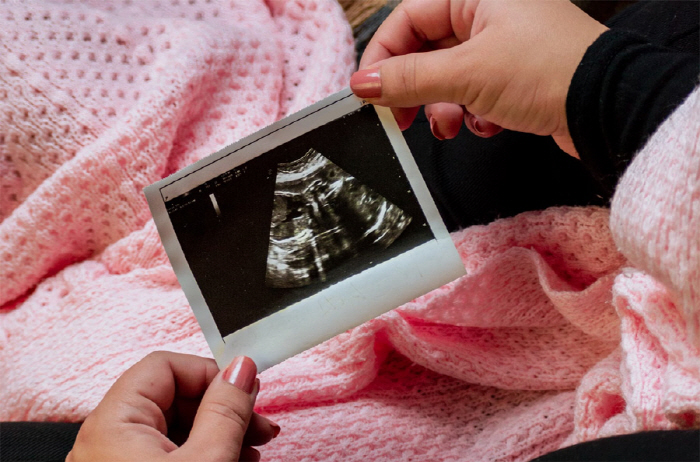Mounjaro, Ozempic, Hugobee, etc., Pregnant After Injection...warning of the possibility of reducing the effectiveness of taking contraceptives
|
The British Medicines and Healthcare Products Regulatory Agency (MHRA) has urged women taking weight loss drugs to use effective contraception at the same time, according to the Guardian, a British media outlet.
This is a response to reports that dozens of women taking the drug had an unexpected pregnancy.
MHRA has received a total of 40 pregnancy-related reports regarding weight loss drugs such as Ozempic, Wegovy, and Mounjaro, and accordingly issued the first official warning regarding contraception in the UK.
According to the MHRA, Ozempic and Hugobee contain the ingredients 'semaglutide' and act in a way that mimics GLP-1 hormones to promote insulin secretion, slow down the rate at which food is digested in the stomach, and reduce appetite.
As a result, the amount of food naturally decreases, allowing weight loss and positively affecting blood sugar control and metabolic health improvement.
It also contains the ingredient 'tirzepatide' and affects not only GLP-1, but also other hormones involved in appetite and blood sugar control.
The MHRA warned that Maunzaro is likely to reduce the effectiveness of oral contraceptives, and may increase the risk of contraceptive failure, especially in overweight women.
Therefore, it is recommended that women taking Maunzaro use additional contraceptive methods such as condoms.
According to MHRA, 26 pregnancy reports related to Mounjaro, 8 reports related to Semaglutide (Ozempic, Hugobee), and 9 reports related to liraglutide (Saxenda). It is known that two of these cases were unwanted pregnancies.
The MHRA emphasized that weight loss drugs should never be taken during pregnancy, during pregnancy planning, or during lactation.
This is because, to date, there is insufficient safety data on the effects of the drug on the fetus.
In addition, some women should try to conceive after maintaining contraception for up to 2 months after stopping taking medication, the MHRA recommended.
Dr. Channa Jayasena, a reproductive endocrinology and masculinity specialist at Imperial College, said in this regard that `obesity reduces female fertility, but weight loss by taking GLP-1 drugs can increase the likelihood of pregnancy.'
"It is likely that the absorption of oral contraceptives will decrease because GLP-1 drugs slow gastric excretion rates" he continued, adding that "further studies are needed to confirm this."
While the safety of GLP-1 medication during pregnancy is not yet clear, weight loss surgery is known to increase the risk of miscarriage, he said. Therefore, women taking GLP-1 medication should also use thorough contraception to avoid pregnancy," he stressed.
MHRA's Dr. Alison Cave also warned that "weight-loss injections are approved drugs for the treatment of certain diseases and should not be used for cosmetic or simple weight-loss purposes.". The MHRA's guidelines are designed to help patients safely use powerful drugs, he said. "Patients receiving weight loss medications must read the drug manual and consult a medical professional during the prescription process."," he said.
This article was translated by Naver AI translator.




